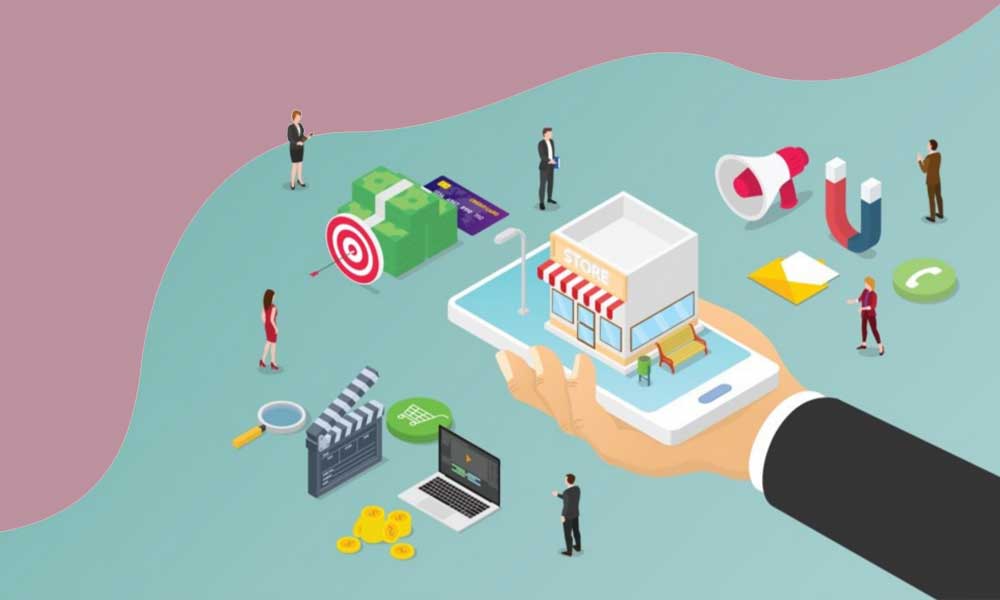
The use of retail artificial intelligence services allows you to radically change the way companies interact with consumers. According to research, 57% of shoppers are willing to share personal data in exchange for personalized offers or discounts. At the same time, more than half of consumers will share information about themselves in exchange for product recommendations.
An important role in obtaining information about customers is played by the Internet of Things (IoT, Internet of things). Research confirms that through the use of IoT, 89% of merchants are gaining more insight into customer preferences and behavior.
77% of retailers claim that IoT not only affects the shopping experience but also changes the shopping format and the structure of buyers. Internet-connected devices are gaining new features to make life easier for users.
“Smart” household appliances can solve problems that were previously responsible for a person. For example, you are fond of sports and adhere to a diet that consists of a certain set of products. You have an IoT-enabled refrigerator that “knows” this and “makes sure that the right products are always in stock. When the refrigerator “understands” that the products are running out, it can order them on its own. In addition, thanks to modern technology, devices can automatically diagnose and report breakdowns.
With the increase in the number of devices connected to the Internet, marketing will also be transformed. If today the attention of sales professionals is focused on the needs of consumers, then in the future there will be systems that will promote goods and services, not to people, but devices, taking into account the needs of their owners.
We all know that online shopping is way better than any other form. This is why these days, Augmented and virtual reality (AR/VR) technologies are expanding the shopping experience and offering new ways for brands to interact with shoppers. Nearly 75% of US consumers expect retail stores to offer an AR experience.
Retailers can create product catalogs with augmented reality. You just need a smartphone. Brands including apparel, furniture, toys, jewelry, and cosmetics often utilize virtual directories. The buyer has looked at the closet but is unsure whether it would fit in the room.
With AR, you just choose the desired item from the catalog and point to the desired location in the room. So you may view the furniture in your house before you purchase it. You may also try on clothing, shoes, jewelry, and cosmetics. The option to preview the goods reduces returns and money lost.
In-store navigation will be easier and more informative with AR. Customers may use a mobile application to easily locate a department or item, as well as examine product details.
Immersive technology may also be used to showcase things in a way that engages the senses. Advertisements and product images will be given new life by AR/VR technology. Simply download specific software and aim the smartphone camera at the billboard to bring it to life.
This method works well with millennials and Gen Z. In the future, additional devices will be able to transmit data straight to smart glasses or customized eye lenses, bypassing the smartphone screen.
Artificial intelligence improves operational efficiency and hence retail profitability. By 2021, 85 percent of global trade organizations expect to use AI for supply chain planning. Retailers expect artificial intelligence to boost revenues by 10% annually. What are the perks?
Dataart is an enterprise software development company that will be happy to help you with your IT world questions.
